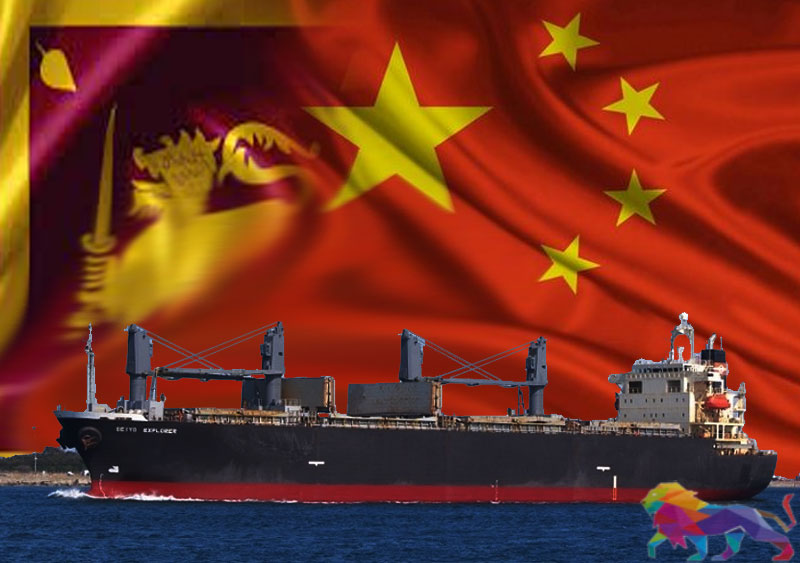The Attorney General’s advice is to be sought with regard to the letter of demand issued by the Chinese company which supplied the controversial stock of organic fertilizer.
Qingdao Seawin Biotech Group Co Ltd recently directed a letter of demand to Dr. W.A.R.T. Wickramaarachchi, Additional Director of the National Plant Quarantine Service of the Department of Agriculture, seeking USD 8 million in damages from the National Plant Quarantine Services (NPQS) of Sri Lanka.
The letter of demand in question was subsequently referred to the Attorney General.
In the Letter of Demand, sent through its local lawyers, Qingdao Seawin Biotech Group Co Ltd warns that failure to pay the said sum in three days would result in legal action.
The Sri Lankan government had decided to complete the shift from chemical to organic farming in April, with the government allocated 3.8 billion US dollars for organic fertilizer purchase in August by importing certain nutrients.
The Agriculture Ministry had selected China’s Qingdao Seawin Biotech Group Co. Ltd through open bidding to supply organic fertilizer.
The government decided to import 99,000 metric tonnes of organic fertilizer at a cost of 63 million US dollars from the Chinese company. However, the consignment was rejected after an analysis reportedly found it to be “tainted”.
In two samples, the Sri Lanka Standard Institutions as also National Plant Quarantine Service and Sri Lanka Atomic Energy Board found micro-organisms, pathogens, and diseases harmful to the soil, plants, and humans.
They had warned that China’s organic fertilizer would be an agricultural disaster as the samples were found to be infected with Erwinia, a notorious plant pathogen that causes severe post-harvest losses in crops.
After the rejection of the consignment this month, China announced the blacklisting of state-owned People’s Bank of Sri Lanka, citing a “vicious” Letter of Credit “default”.
China said that the Sri Lankan bank’s decision caused huge losses, but the bank clarified that it was only following court orders prohibiting it from making payments.


